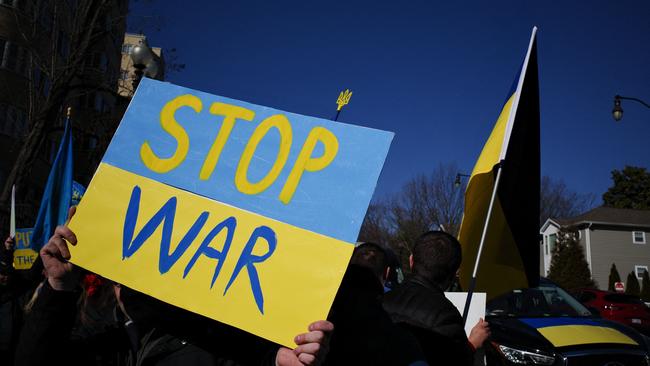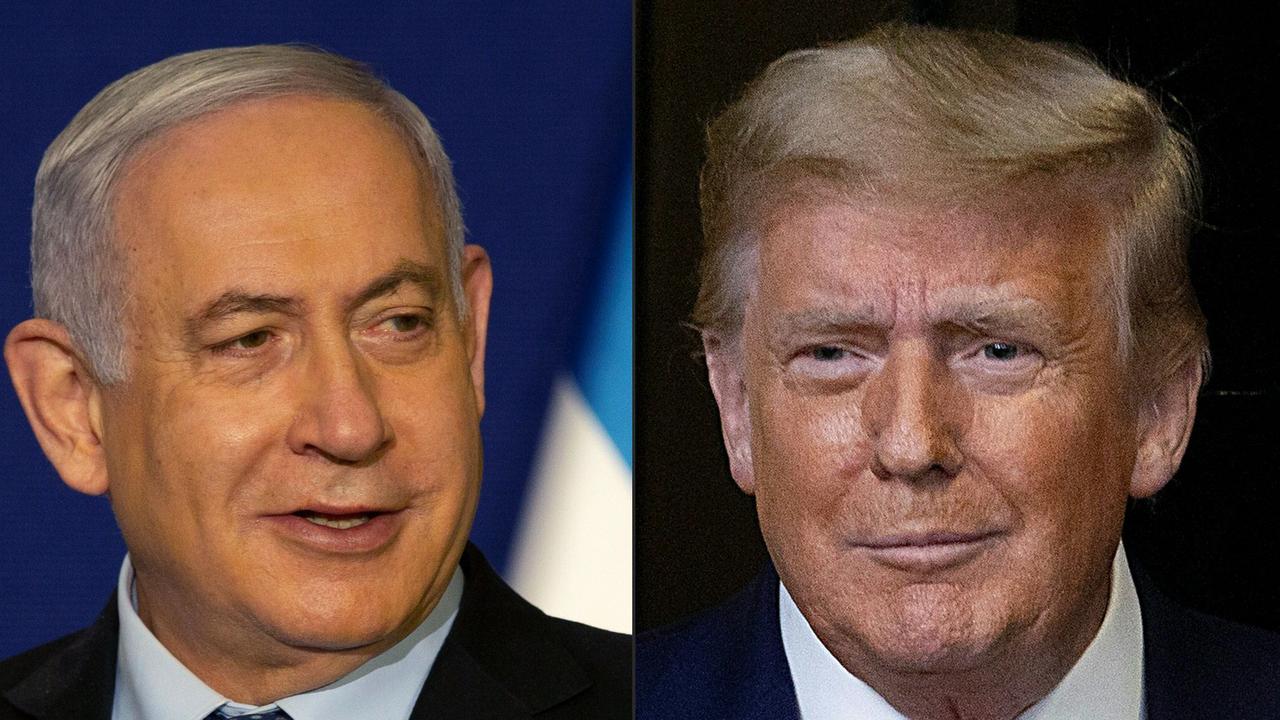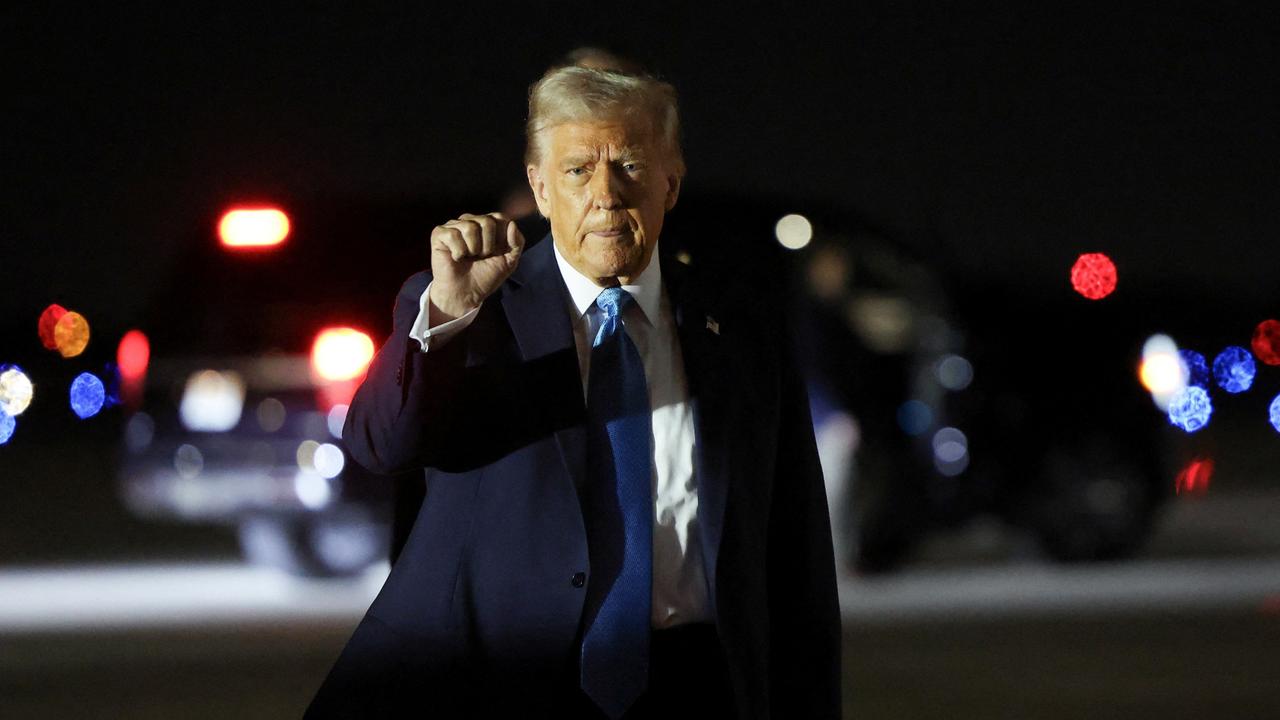Western companies pull back from Russia in response to Ukraine invasion, sanctions
UK energy giant Shell is the latest big corporate to sever ties with Russia which includes quitting the financing of a major gas pipeline in the country.

British energy giant Shell became the latest big Western company to sever ties with Russia over its invasion of Ukraine, saying it would pull back from joint projects in the country and quit its role financing the now-halted Nord Stream 2 gas pipeline.
Shell’s decision Monday came a day after BP said it would exit its nearly 20 per cent stake in Russian oil producer Rosneft, under pressure from the UK government, and as international condemnation of Russia increasingly strained its economy.
The moves are part of a broader re-evaluation by Western companies of their businesses in Russia, with some curtailing their operations there or deciding to leave entirely, following the attack on Ukraine and escalating sanctions by the West.
Elsewhere Monday, Norwegian energy company Equinor said it would exit its Russian investments, Daimler Truck Holding said it would stop sending components to its Russian joint-venture partner, and Volvo said it would halt business in Russia. Separately, Renault shut down a factory near Moscow because it can’t get enough parts, and Volkswagen’s Audi brand paused sales of cars already in Russia to adjust for the drop in the rouble.
The retrenchments are a dramatic change from a few decades ago when the fall of the Soviet Union made Russia a promising new market for Western businesses. Big energy companies, car makers and brewers, among others, have set down deep roots in Russia, expanding their operations there and buying or partnering with local businesses in an effort to tap millions of new consumers, as well as vast natural resources.
Now, following the aggression in Ukraine – and the retaliatory measures by the West – companies operating in Russia are grappling with new challenges spanning logistics to reputation. Still, it isn’t clear how permanent any move away from Russia might be. If the geopolitical and sanctions situation evolves, companies’ thinking about disengaging from Russia might, too. Sanctions against Russian individuals and banks, for now, are set to make it much harder for international companies to operate there, lawyers said.
“It is going to be incredibly difficult with regulatory restrictions, and regulatory uncertainty, because the sanctions are changing rapidly,” said David Savage, head of financial crime at London-based law firm Stewarts Law.
Rachel Alpert, a partner at law firm Jenner & Block, said Western companies would now need to check whether export controls used to curtail Russia’s access to technology don’t affect anything they bring into the country. They also would have to ensure any individual or businesses they deal with aren’t sanctioned, she said, adding that sanctions against banks would likely make it harder to pay suppliers and workers.
Shell’s decision to pull back from its role in a consortium of five Western energy companies financing Nord Stream 2 marks a major symbolic decision against a project that has sparked controversy since inception. The US last week said it would impose sanctions on the pipeline’s construction company, following Germany’s announcement that it wouldn’t proceed with certifying the pipeline for use.
Shell and its financing partners each agreed in 2017 to lend up to EUR950 million (around $US1bn) to fund the pipeline. Nord Stream 2, the Switzerland-based company behind the project, is owned by Russia’s Gazprom. The operating company didn’t immediately respond to a request for comment Monday.
Shell said it would also exit other joint ventures with Gazprom, including its 27.5 per cent stake in an offshore gas project in Russia’s far east that supplies around 4 per cent of the world’s liquefied-natural gas market. Shell said it has around $US33bn in non-current assets in its Russian ventures and that it expects to book impairments.
The London-listed company said it was prompted to act by Russia’s offensive. “We are shocked by the loss of life in Ukraine, which we deplore, resulting from a senseless act of military aggression which threatens European security,” Shell’s chief executive, Ben van Beurden, said.
BP relies on Rosneft for roughly one-third of its oil-and-gas production and faces a potential financial hit of as much as $US25bn on the move. It isn’t yet clear how BP will exit its stake. BP said Chief Executive Bernard Looney and former CEO Bob Dudley resigned from Rosneft’s board. BP shares closed down 4 per cent in London on Monday.
Other energy companies are also pulling back from Russia. Equinor, which is majority owned by the Norwegian state, said it would stop new investments in Russia and start exiting its joint ventures there. “In the current situation, we regard our position as untenable,” said CEO Anders Opedal.
Separately, Norway’s huge sovereign-wealth fund said it would divest its Russian holdings. Norges Bank Investment Management, the arm of the Norwegian central bank that operates the $IS1.3 trillion fund, is freezing investments in Russia while it works on a plan to divest from the Russian market.
Aside from energy, Russia has also become a big market for Western automotive companies. Daimler Truck said Monday that it would suspend deliveries of components to its Russian partner Kamaz.
“In view of the events of the last few days, we have decided to discontinue our business activities in Russia with immediate effect until further notice,” Daimler Truck CEO Martin Daum said.
Daimler in December split into Daimler Truck and car maker Mercedes-Benz. Mercedes holds the company’s 15 per cent stake in Kamaz.
Daimler Truck’s decision to suspend its business in Russia comes after media reports that it was providing components to Kamaz that could be used to produce armoured military vehicles. Mr. Daum dismissed the reports, saying the components were strictly civilian.
Asked whether Mercedes could look to divest the stake in Kamaz altogether, a spokeswoman said: “In the light of current events, it is of course now necessary to reassess business activities. This is currently happening —in close consultation with German authorities.” Volvo Car and truck maker Volvo both said Monday that they would halt business in Russia until further notice. The Swedish car brand said its decision was based on “the potential risks associated with trading material with Russia, including the sanctions imposed by the EU and US.” The truck maker, which isn’t connected to the car brand, cited a similar rationale.
Other car companies flagged different complications Monday. Volkswagen said its luxury car unit Audi has stopped selling cars that are already with dealers in Russia so it can adjust the price of the vehicles to reflect the decline in the value of the rouble. A VW spokesman declined to comment on the company’s future in Russia more broadly.
Renault said it was shutting its plant near Moscow this week due to logistics issues stemming from Western measures against Russia. The country has become one of the French car maker’s largest markets after it struck a 2014 deal to take a controlling stake – alongside its partner Nissan Motor – in AvtoVAZ, the former state-owned Lada manufacturer.
After the fall of the Soviet Union, Russia was seen by automakers as a potential gold mine. By 2015, new car sales there had risen to about 2.8 million vehicles, nearly as big as the German market. But since then, Russia’s political and economic woes after its first invasion of Crimea in 2014 have led the market to decline steadily.
Last year, about 1.67 million new cars were sold in Russia, according to Stefan Bratzel, director of the Center of Automotive Management. He said Russian automotive exports – vehicles and parts – had a total value of $US3.3bn before the pandemic, compared with $US20bn for imports.
Other large western companies with sizeable footprints in Russia include Carlsberg. The Danish brewer generates around 10 per cent of its sales in Russia, where it operates several breweries and has about 8,400 staff. The company said it was staying in Russia and that while it was difficult to estimate the full consequences of sanctions at this point, it expected the local nature of its production, suppliers and customers to limit their direct impact.
Another with a big presence in Russia is France’s Danone, which said it was monitoring the situation and taking action to ensure the safety of its employees, as well as business continuity. The yoghurt maker employs about 8,000 people in Russia at more than a dozen sites, mostly making products for the local market.
Some sanctions may not apply to Western companies’ Russian incorporated subsidiaries, which could, for instance, pay wages into staff’s accounts in sanctioned banks, said Ross Denton who heads the international trade team at U.K.-based law firm Ashurst.
The Wall Street Journal


